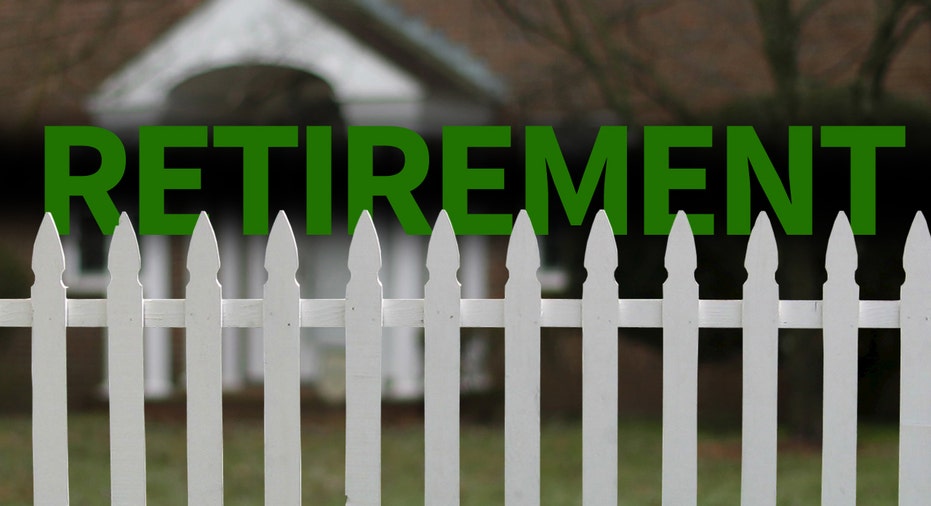Don't Be a Desperate Housewife in Retirement

Many women leave the workforce to take care of their children or care for other family members. The decision to be a homemaker, however, can mean less money saved for retirement. Making matters more challenging, women may need more money later in life because they often times outlive their husbands. So what can homemakers do to protect themselves in retirement and build up their nest egg?
1. Know Your Financial Picture
One problem homemakers have is not knowing their financial situation or having a retirement plan. This includes not having a household budget, not knowing how much debt there is and not having specific retirement goals. “We find their financial literacy levels when compared to other women are lower. This often means, they will find it more difficult to plan for retirement and make financial decisions,” says Carlo de Bassa Scheresberg of the Global Center for Financial Literacy at George Washington University. Sixty-four percent of homemakers have never tried to figure out how much they need to save for retirement according to a study by FINRA. More than half of homemakers polled in an Aegon survey had no retirement strategy at all.
Scheresberg points out that people who don’t have a plan for retirement tend to have a more difficult time financially later in life while those who plan are more likely to have higher retirement savings and are more financially secure. This is why, he says, it is so important for homemakers to be fully aware of their household finances, get involved in making daily financial decisions and set up a retirement strategy.
2. Think Twice About Opting Out
It is a big decision to leave the workforce and retirement experts say do not take the decision lightly. By leaving the workforce, you not only lose out on steady earnings but you also relinquish your company’s retirement savings plan and may give up thousands of dollars in 401(k) or pension benefits. Social Security may be affected too. Benefits are calculated based on the highest 35 years of earnings. If you have not worked for that long, zero-earnings will be substituted for non-working years and that could bring down the amount of your Social Security payout.
Catherine Collinson, head of Transamerica Center for Retirement Studies, encourages women to keep working in some capacity and save more. “Instead of dumping out of the workforce all together, do some form of part-time work either through an employer or on a freelance basis so it’s easier to jump back in full-time. By continuing to work just a little bit, you are keeping your foot in the door in the workforce and at the same time you are earning some income,” she says.
3. Boost Retirement Income
Homemakers should also take advantage of a spousal Individual Retirement Account. If you are married and file a joint tax return, a non-working spouse can set aside up to $5,500 a year for retirement ($6,500 for those 50 years or older) in an IRA. Keep in mind, if you were to contribute $5,500 a year for 25 years, at an annual rate of 5%, your savings could grow to nearly $300,000! On top of that, contributions can be deducted from your joint tax returns if annual income requirements are met.
Homemakers can also take advantage of the Social Security spousal benefit. Individuals aged 62 or older are eligible to receive up to 50% of a spouse’s Social Security benefits even if they never worked. If financially possible, consider having your working spouse hold off on receiving Social Security benefits until full retirement age or age 70. The longer he or she waits to collect, the higher the payment will be. Benefits can be more than 50% higher when claimed at age 70 versus 62 so it can make a big difference. In the event a spouse dies, the non-working spouse may also be eligible for 100% of the spouse’s full benefit.
4. Protect Yourself
Collinson says homemakers also need to set up a financial plan in the event their spouse passes away. Life insurance is one way to gain a safety net. She recommends beneficiaries to life insurance policies, annuities, pension plans and IRAs be kept current and checked each year. Never assume the spouse is the automatic beneficiary.
For homemakers who are in a long-term relationship but not married, Collinson urges them to get legally married. If something happens to the working partner, marriage can offer more protection to the surviving spouse when it comes to legal rights as well as wealth preservation.



















